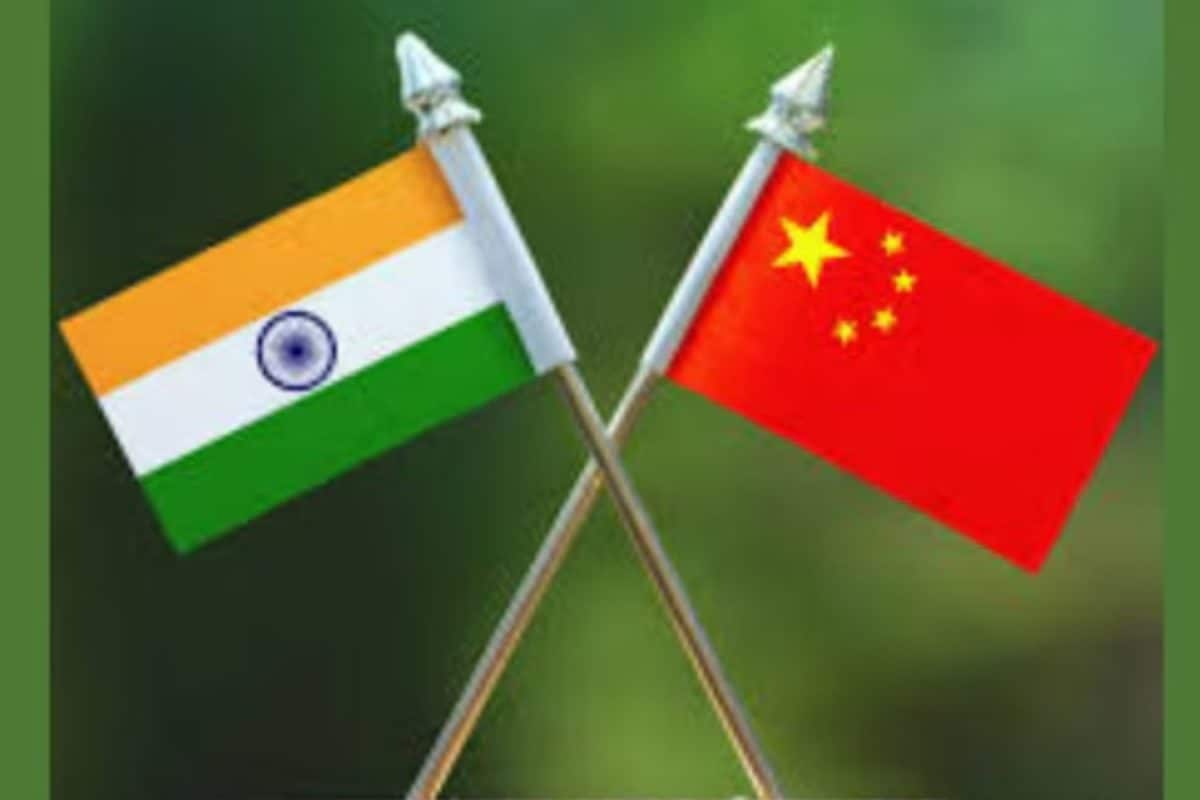

India's relationship with China presents a complex paradox. On one hand, China is India's top trade partner, with bilateral trade consistently robust even after the 2020 Ladakh clash. On the other hand, the two countries are engaged in a long-standing border dispute, marked by military standoffs and occasional clashes, making China India's "primary adversary" in the strategic domain. This duality requires India to navigate a delicate balancing act, fostering economic ties while remaining vigilant about its national security concerns.
The economic relationship between India and China is significant. In fiscal year 2024/25, two-way trade reached $127.7 billion, with China emerging as India's second-biggest trading partner after the United States. However, this relationship is skewed, with India's trade deficit with China soaring to a record $99.2 billion in the same period. India's imports from China have registered double-digit growth, while its exports to China have contracted, leading to this substantial trade imbalance. The surge in imports is driven by electronics goods and consumer durables, raising concerns about growing economic dependencies. Despite the deficit, China has expressed readiness to import more Indian goods. China's Ambassador to India, Xu Feihong, stated that China has never deliberately pursued a trade surplus and that its market holds significant commercial opportunities for Indian companies. He pointed to increased exports of chili peppers, cotton yarn, and iron ore from India to China as examples of successful trade.
However, the economic relationship is not without its challenges. India worries about the potential dumping of cheaper Chinese goods into its market, especially with rising U.S. tariffs on Chinese products. There are fears that Chinese firms may divert goods to other markets, including India, to bypass these tariffs. To address these concerns, the Indian government plans to establish a monitoring unit to track the surge in imports and prevent companies from helping foreign exporters bypass U.S. tariffs.
The political and strategic dimensions of the India-China relationship are fraught with tension. The border dispute remains a major point of contention, with both sides maintaining a significant troop presence along the Line of Actual Control (LAC). Although the situation on the border has calmed since the border patrol agreement in October 2024, tensions persist. In May 2025, tensions escalated again when China released a list of "standardized" names for places in Arunachal Pradesh, a state that China claims as part of southern Tibet. India has strongly rejected these claims, asserting that Arunachal Pradesh "was, is, and will always remain an integral and inalienable part of India." These actions indicate that a definitive resolution to the border dispute remains elusive.
Despite the tensions, both countries have engaged in dialogue and diplomacy. In recent months, there have been frequent official exchanges and positive political signaling. For example, Indian Foreign Secretary Vikram Misri visited Beijing in January 2025, and the foreign ministers of both countries have met on the sidelines of international events. These interactions suggest a willingness to maintain communication and seek ways to manage their differences. External Affairs Minister S. Jaishankar noted that the relationship has improved significantly. He mentioned discussions on resuming direct flights and the Kailash Mansarovar Yatra, indicating efforts to normalize relations.
India's approach to China is multifaceted. While engaging economically and diplomatically, India is also strengthening its security posture and strategic alliances. India is deepening ties with Taiwan, hosting the Dalai Lama, and negotiating sales of supersonic missiles to Southeast Asian states. India is also a member of global forums like the Indo-Pacific Quad, which China views as an attempt to counter its influence. This multi-alignment strategy reflects India's determination to safeguard its interests in a complex geopolitical landscape. India is also trying to become a global manufacturing hub. However, a trade "reset" between Washington and Beijing could derail Delhi's ambitions to replace China as the global manufacturing hub.
In conclusion, India's relationship with China is a complex interplay of economic engagement and strategic rivalry. While both countries recognize the importance of maintaining trade and communication, the border dispute and other geopolitical factors continue to cast a shadow over their relationship. India's challenge lies in managing this duality, leveraging the economic opportunities while safeguarding its security interests and territorial integrity.